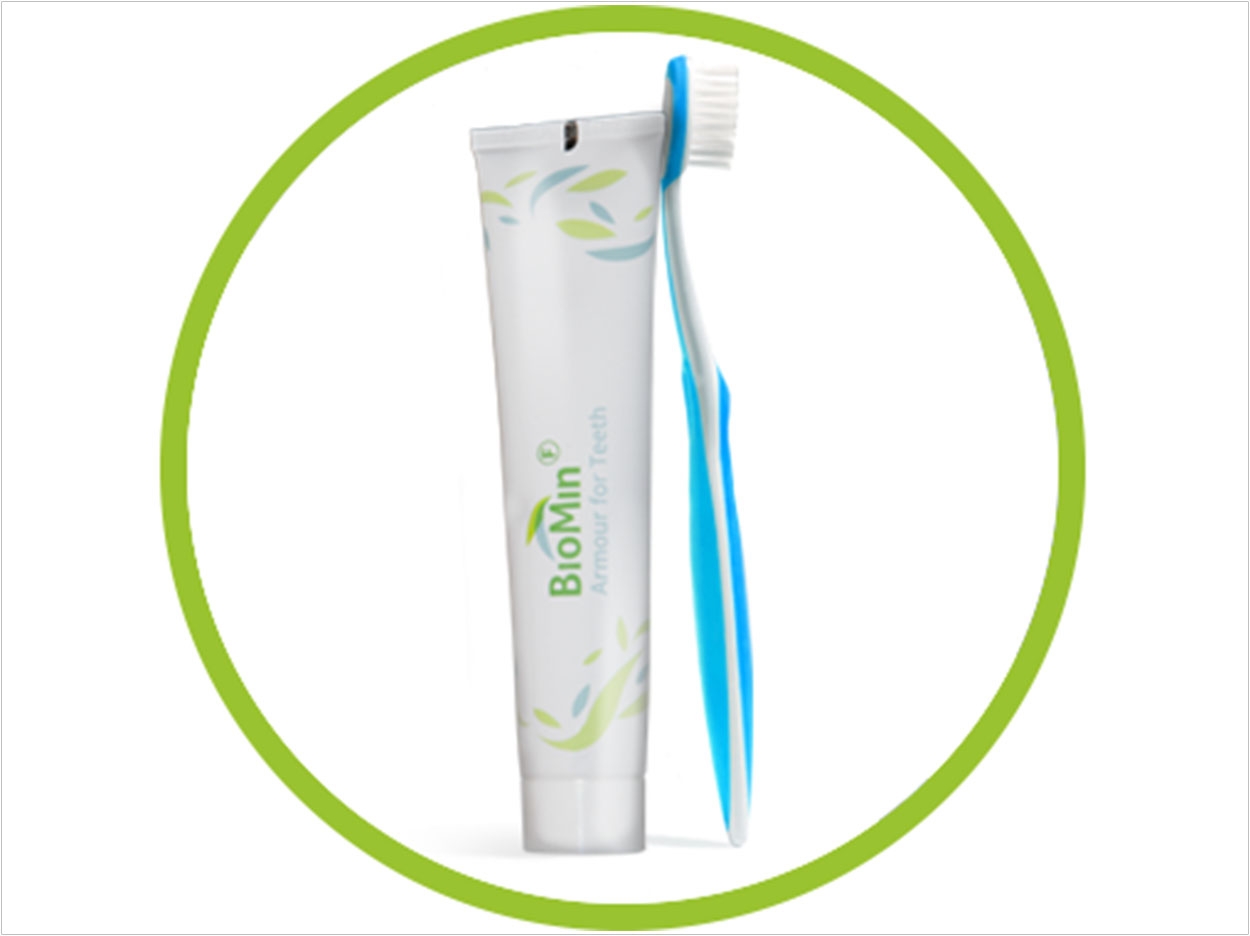
Researchers from Queen Mary University of London have developed a toothpaste that slowly releases calcium, phosphate, and fluoride ions during an 8- to 12-hour timeframe to form fluorapatite material, which rebuilds, strengthens, and protects tooth structure. The slow release of fluoride also is beneficial in preventing tooth decay.
“Using remineralizing material makes teeth far more resistant to attack from acidic soft drinks like fruit juices and sodas,” said professor Robert Hill, chair of dental physical sciences and leader of the research team. “It is also much more effective than conventional toothpastes where the active ingredients, such as soluble fluoride, are washed away and become ineffective less than 2 hours after brushing.”
The toothpaste includes a substance the researchers call BioMin, which is based on calcium phosphor-silicates, otherwise known as bioactive glass. When the glass encounters bacteria-metabolizing sugars or acidic beverages, it dissolves quickly to raise the pH level and release calcium, phosphate, and optionally fluoride ions to minimize the acid dissolution of the enamel apatite crystals.
BioMin also helps with tooth sensitivity, which affects about 40% of all dental patients. It is caused by open tubules in the teeth that allow access to nerve receptors. Toothpastes with BioMin seal these tubules with acid-resistant fluorapatite, which acts as a barrier to the hot and cold that’s transmitted inside the tooth.
“The technology behind BioMin is not exclusively designed for toothpastes,” said Hill. “It can also be incorporated in other professionally applied dental products such as cleaning and polishing pastes, varnishes, and remineralizing filling materials.”
Along with Dr. David Gillam, Hill is one of the cofounders of BioMin Technologies, which plans on commercializing the material. So far it has developed BioMinF, which includes fluoride ions, and BioMinC, which includes chloride ions, both mimicking the natural biological mineralization process of enamel.
Related Articles
Bioactive Glass Leads to Longer-Lasting Fillings
Antibacterial Glass Inhibits Peri-Implant Disease
Silica Particles Could Fix Damaged Teeth












